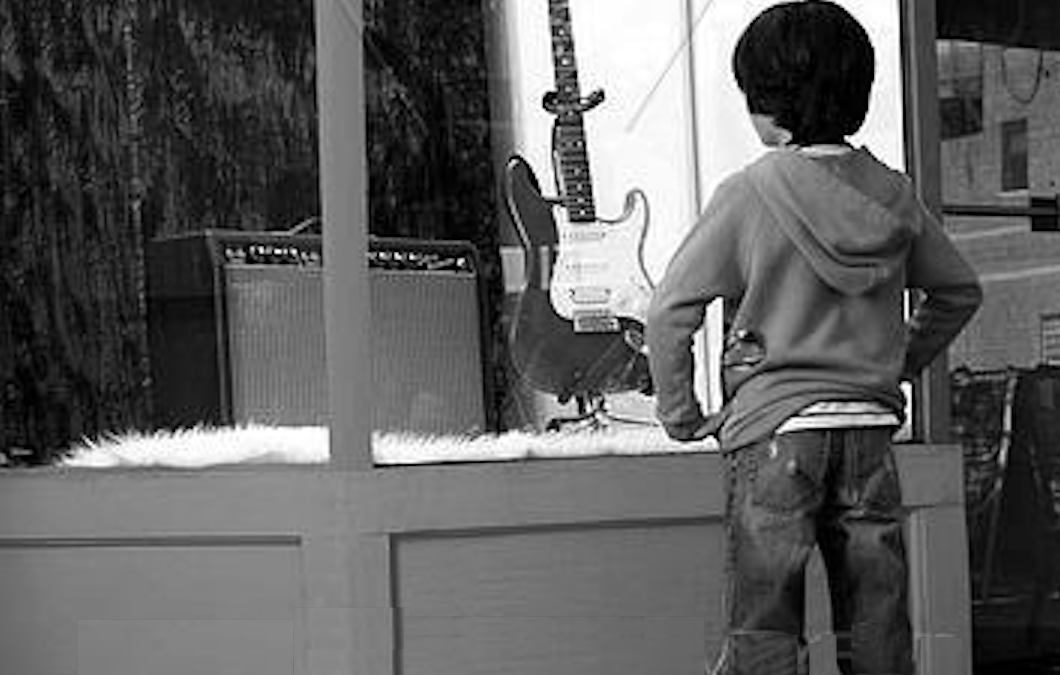Most people are familiar with the format of rock and pop bands.
Drums, bass, guitar or two, singer or two, sometimes combined.
Sometimes just a three-piece.
In the summer of 1981, the first ‘proper’ band I was in spent most days of the summer holidays watching Richard Marquand’s The Birth of the Beatles.
We knew it line by line, and that was the model we were going to follow.
It’s worth noting that this band talked about being a band more than it actually was a band, but at least we had a drummer with a drum kit, albeit a junior one.
We were thirteen and fourteen.
So, drummer, bassist, guitarist. Just the three of us. That was our structure.
We had no thoughts of a manager or an agent. That would come later.
This early foray into company structure and HR taught me a couple of things. The fewer people you work with, the easier it is to organise a team and get everybody together in one place at one time.
I also learned that people often have different ideas, egos clash, and drummers are often crazy.
This translates very simply and easily into the world of education businesses, another emotive subject; people have strong ideas, and here in Japan, there are often challenging personalities on either side of the whiteboard as people delve into aspects of foreign culture. They are often either inquisitive, adventurous or running away from something.
However, once your structure is in place, you go and fill the roles.
We had the core three, but no recognised channels to recruit the extra member we felt we needed.
Another thing I learned was the usefulness of networking – better known at the time as hanging out with your mates at Churchill Playing Fields – and in this way we met a guitarist who could take us to another level.
He played really well, and at his house, his brother had a better drum kit than ours.
He was in.
The next thing we needed was better equipment.
I had two acoustic guitars: a 3/4-size I’d been given as a present as a kid, and one I bought second-hand from the Evening Chronicle for £8. Neither sufficed.
Handmade Music, the music shop around the corner from my house, which dealt mainly in classical instruments and supplied them to the school, put four electric guitars in their window in 1981.
One of my friends said he was going to get one. From memory, one was priced £40, the other was £50.
I had never for a moment imagined I would own my own electric guitar. They seemed like the stuff of dreams.
The other thing I learned early in my career in bands was about credit.
The average weekly wage at the time was £134 per week and a pint of beer cost 50p (£681 and £3.67 today). There was no way I could afford to buy an electric guitar, my parents weren’t rich enough to just buy me one as a birthday present, and I suspect they also wanted to encourage me to work.
I did two paper rounds, one in the morning, and one on a Sunday, and I had my pocket money. All of this I saved up. I then combined the value of a birthday present and a Christmas present, worked out a re-payment plan to pay the rest off to my mum, and got my first ever electric guitar.
I’d gone electric and learned about getting into debt to fund creative endeavours I hoped would become a business.
The guitar was a Harmony double cutaway, an American-made, mass-produced guitar with two humbucker pickups. Brown. Not a great colour. But a lovely warm sound.
This was the first electric guitar I ever had, and the first one I ever used to write an electric song. We practised on the landing at a friend’s house, and it developed as we went.
I still have the guitar and shipped it over to Japan a few years ago. I played it on GarageBand as I reimagined the first song I ever wrote on it.
Please find it here, and don’t be offended by the last, humorous, in-character line.
I make no apologies for the punk rock spirit, not tuning the guitars properly, doing everything in mono down the middle and multi-tracking the two-note guitar solo. I didn’t quite get the Joe Strummer, White Riot vocal I was aiming for, but at least it’s mercifully short.
Next time we’ll look at setting goals.
We now offer a consultancy service with a no-obligation first contact.
If you would like help systemising your business or anything else, please get in touch.

